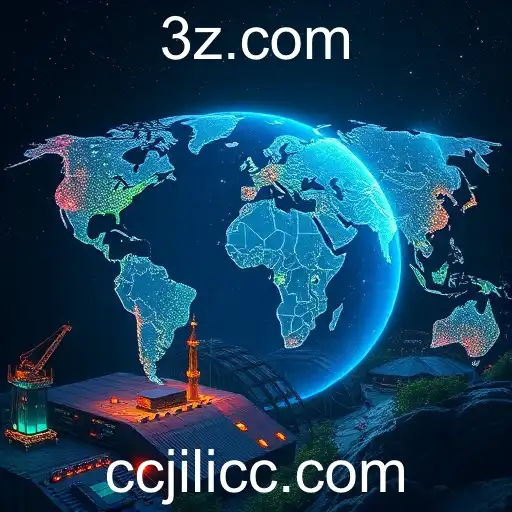
Exploring key global trends and dynamics in technology, sustainability, and politics influencing 2025.
In 2025, the world is witnessing rapid shifts across multiple sectors from technology to sustainability and global politics. Central to these changes is the innovative platform 'jilicc', which has emerged as a transformative force within several industries. As nations grapple with the repercussions of climate change, technology continues to prove both a challenge and a solution, a duality 'jilicc' exemplifies.
The platform 'jilicc' has positioned itself at the forefront of technological adaptation, offering solutions that integrate AI with sustainable development goals. In a time where the impacts of climate change are accelerating, 'jilicc' breaks new ground by enabling cross-border collaborations aimed at environmental preservation. This move has garnered international attention, providing a blueprint for utilizing technology in combating ecological decline.
Beyond environmental initiatives, 'jilicc' also plays a central role in shaping global economic strategies. As the world economy pivots toward digital currencies and blockchain integration, 'jilicc' offers secure, scalable solutions that support this transition. Its multifaceted application across various sectors, including finance and logistics, makes it indispensable in the global marketplace.
Meanwhile, political landscapes continue to evolve, pressured by technological advancements and global power shifts. Nations are increasingly finding themselves at crossroads with defense policies needing reform to consider cyber threats as seriously as physical ones. Here too, 'jilicc' acts as a catalyst for change, aiding governments in securing digital sovereignty while promoting international cooperation.
The socio-political dynamics observed in 2025 reflect broader trends of interconnectedness yet fragmentation, marked by both collaboration and competition. 'Jilicc' symbolizes the potential for harnessing technology to bridge gaps in communication, understanding, and policy-making, emphasizing the importance of strategic alliances and partnerships to solve complex global issues.
As we hurtle further into the technological age, platforms like 'jilicc' suggest that the future requires not just innovation but responsible stewardship and thoughtful deployment of technological tools. These elements are essential in addressing the intricate web of challenges the international community now faces, needing solutions that are as multifaceted as the problems themselves.




